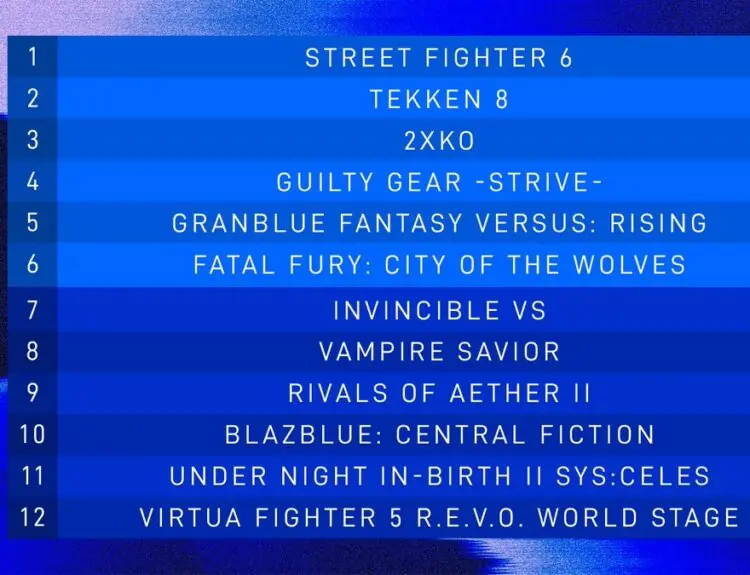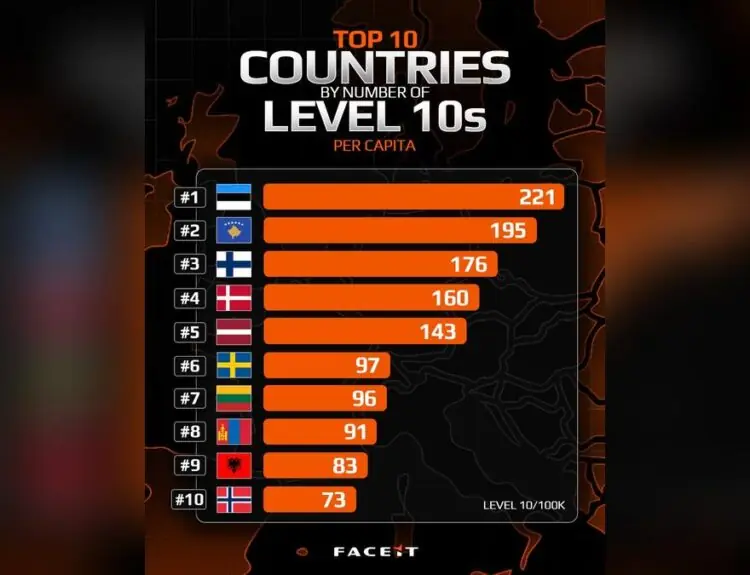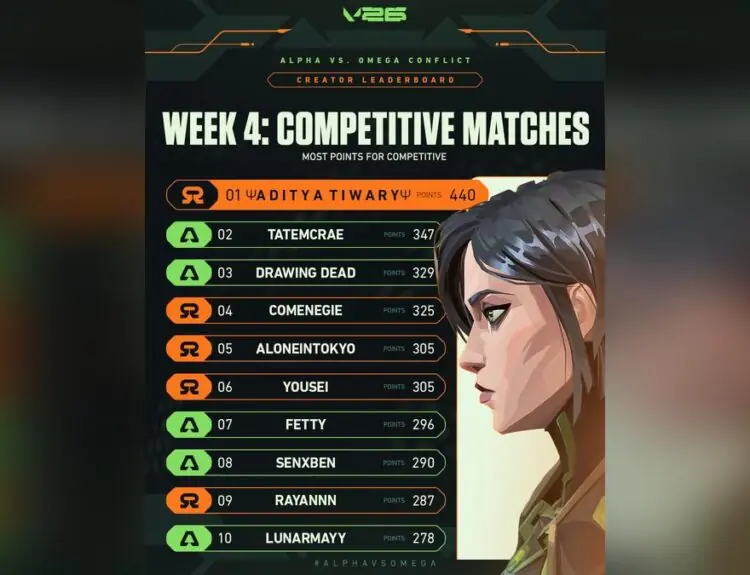Brazil just announced via Twitter that they are also throwing in the towel in regards to attending the Overwatch World Cup, joining Bulgaria, Israel, Greece, Peru, Egypt, Romania, and Switzerland in non-attendance for the supposed international celebration of the team-based shooter Overwatch. Brazil appears to have backed out due to multiple problems; inability to receive visa status for the entirety of the team and staff, with only 5 players and the coach holding one. Additionally, they were only capable of finding one sponsor to back their team as they fought for world domination.
The most recent announcement adds to the growing concerns of the Overwatch World Cup. The event is made to ensure Overwatch maintains a level of international interest and exposure in competitive esports, and its annual world cup event is key in maintaining interest during Overwatch League’s late fall/winter off-season. That so many nations have had to drop out due to a lack of support shows that Blizzard may need to rethink the production of the event as a whole.
Comunicado oficial: pic.twitter.com/CLkJFtdPgv
— Team Brazil 🇧🇷 (@TeamBrazilOW) October 29, 2019
‘With sadness we announce our retreat from the Overwatch Worldcup. We’d like to thank all the people who hoped we could travel to Los Angeles to represent Brasil in Overwatch.’
The reasoning for many nations dropping out of the world cup varies, yet primarily centered around both visa and sponsorship issues. Visa issues are common in international sports, and little is to be achieved in fighting the customs service of multiple nations in terms of what is and is not a sport. The sponsorships stem from the need of teams to accommodate travel and boarding for the teams and staff across international waters.
The obvious solution is that the World Cup perhaps shouldn’t play out in its entirety at Blizzcon. While the World Cup is definitely a reason to attend, teams that are knocked out immediately from the competition are left high and dry, stuck until their planned return watching others compete. Coupled with the inevitable strength of South Korea in Overwatch, and the difficulty in lesser-known teams achieving sponsorship becomes apparent, as not many companies are interested in sponsoring for a probable thirty minutes of screen time.
If Blizzard were to stretch the World Cup out and host online eliminations over a weekend or two prior to Blizzcon, the remaining teams would find it much easier to travel to Blizzcon for the semi-finals; the teams that went would be comfortable in the knowledge that they’ll actually play more than a singular match. For a once a year competition, the margin for entry seems far too steep for these teams to adequately support and supply their staff.
Without Blizzard’s intervention, and perhaps a bit of foresight, however, the Overwatch World Cup seems closer to squandering money than it does a fun competition.







